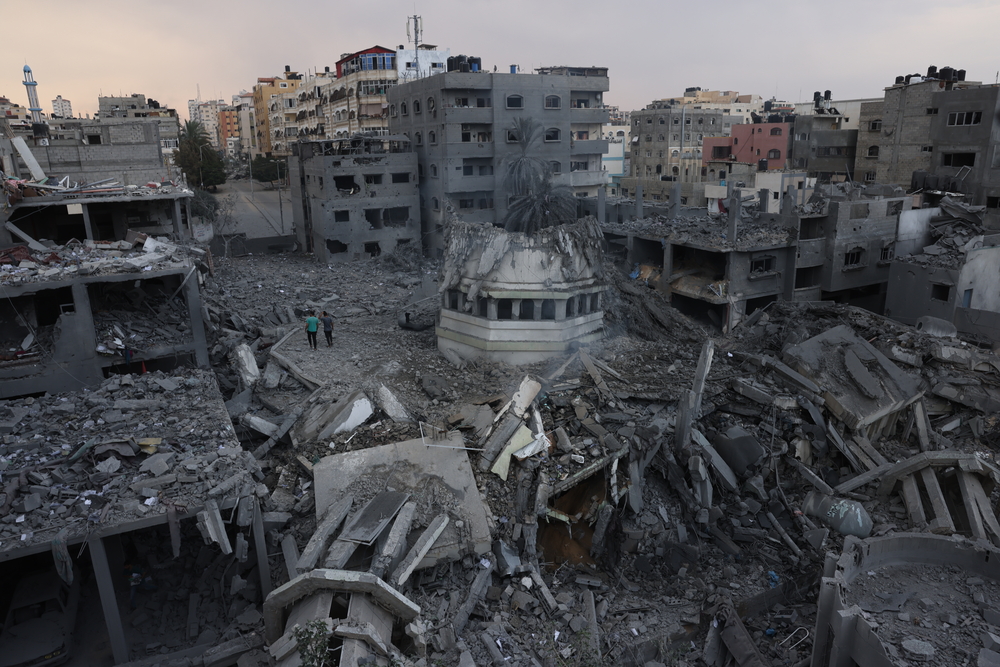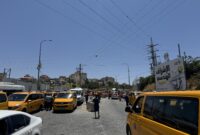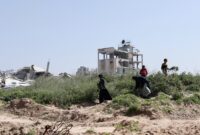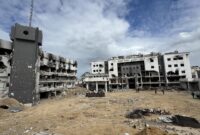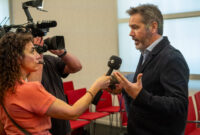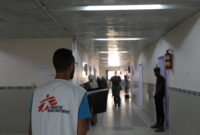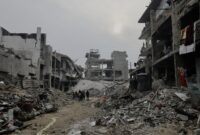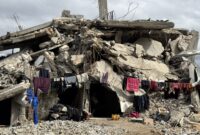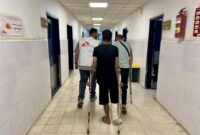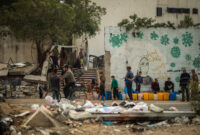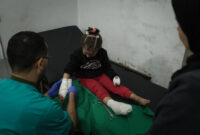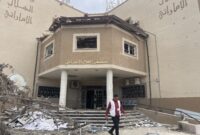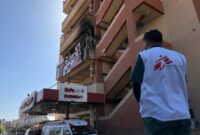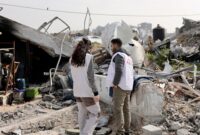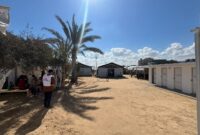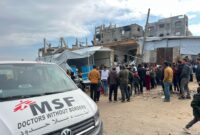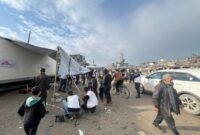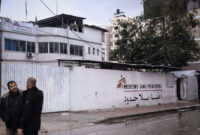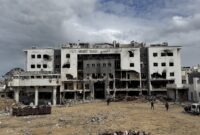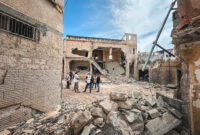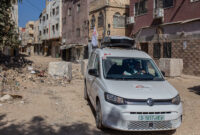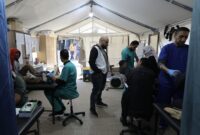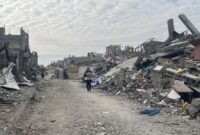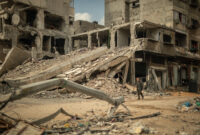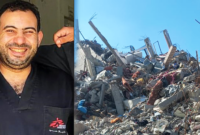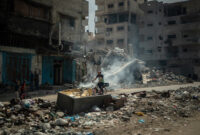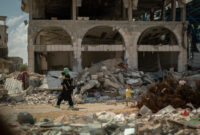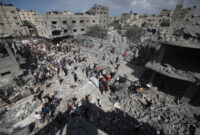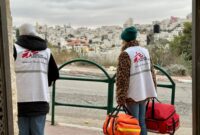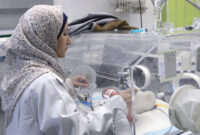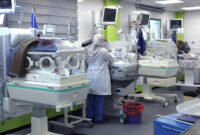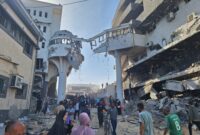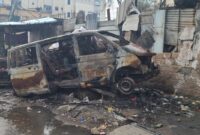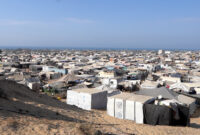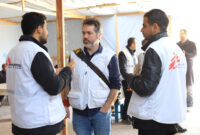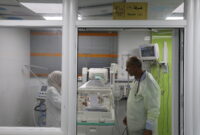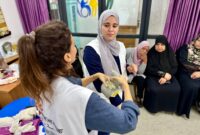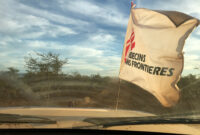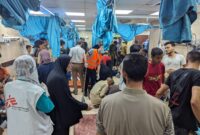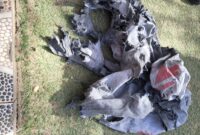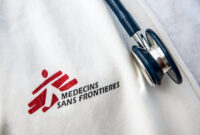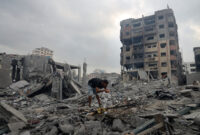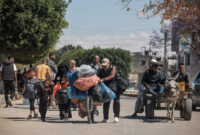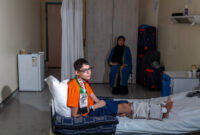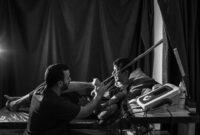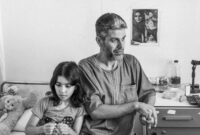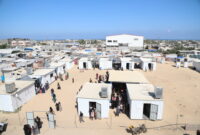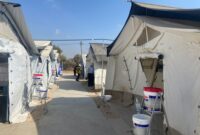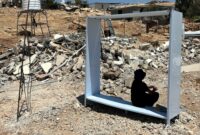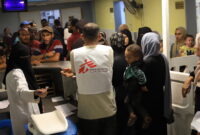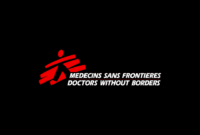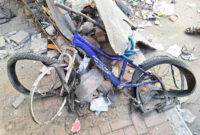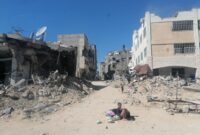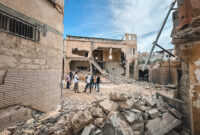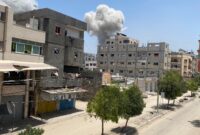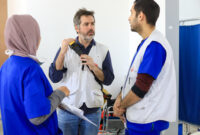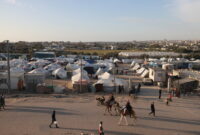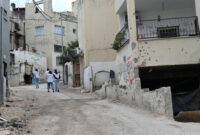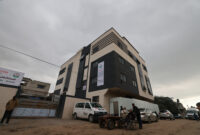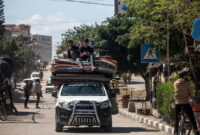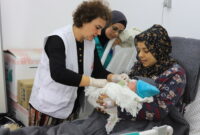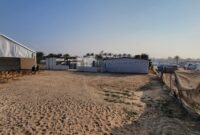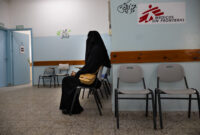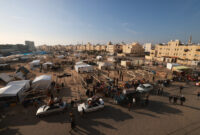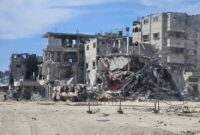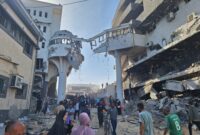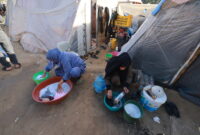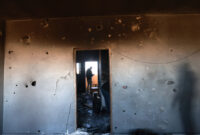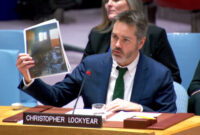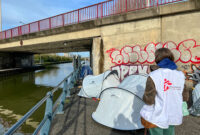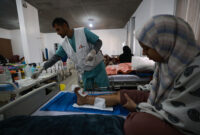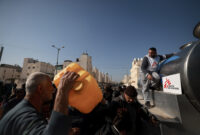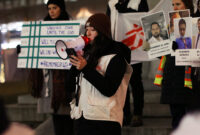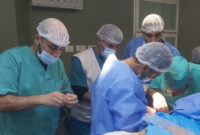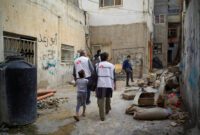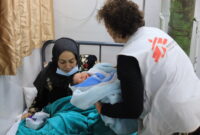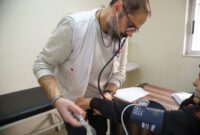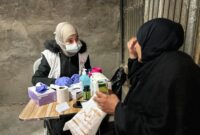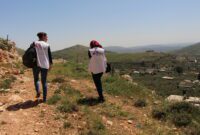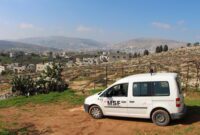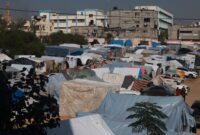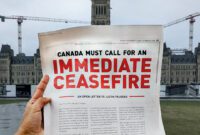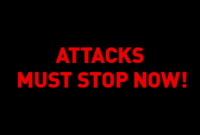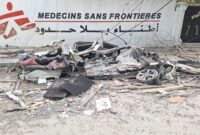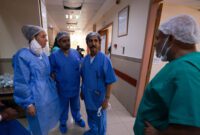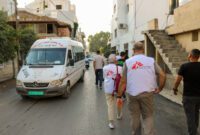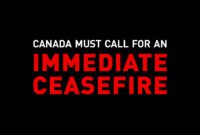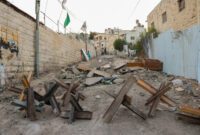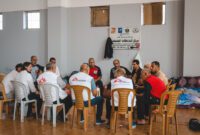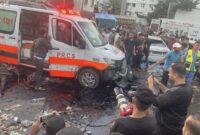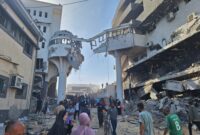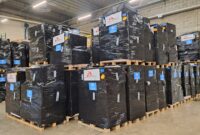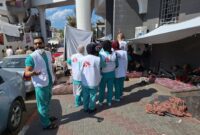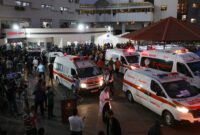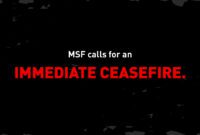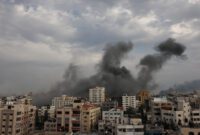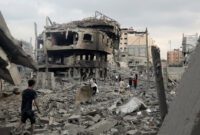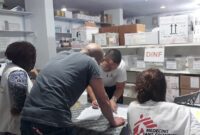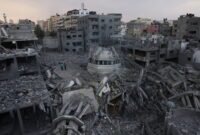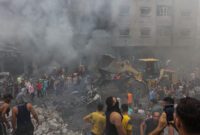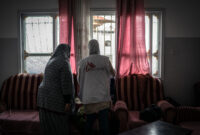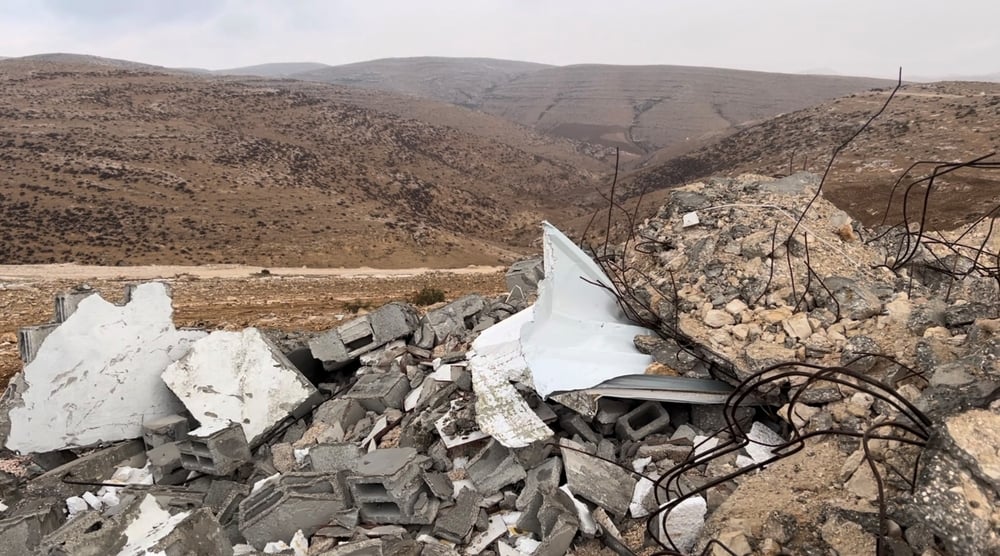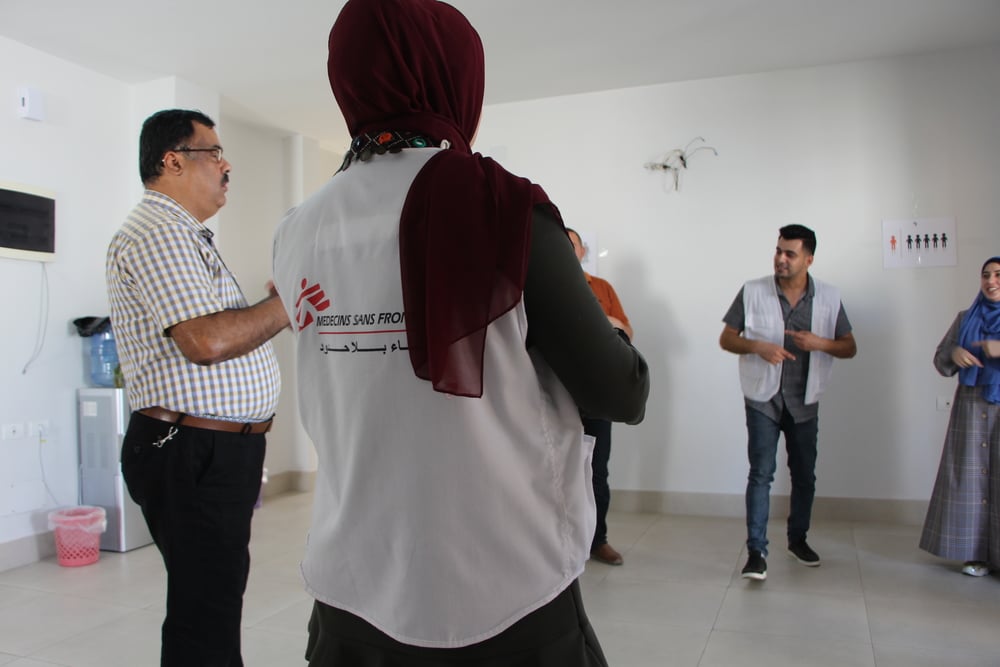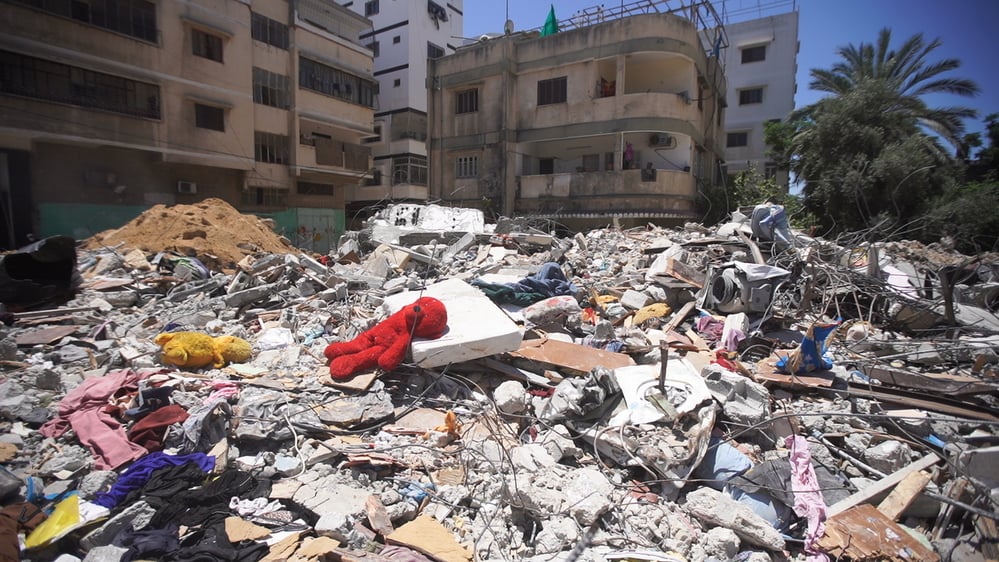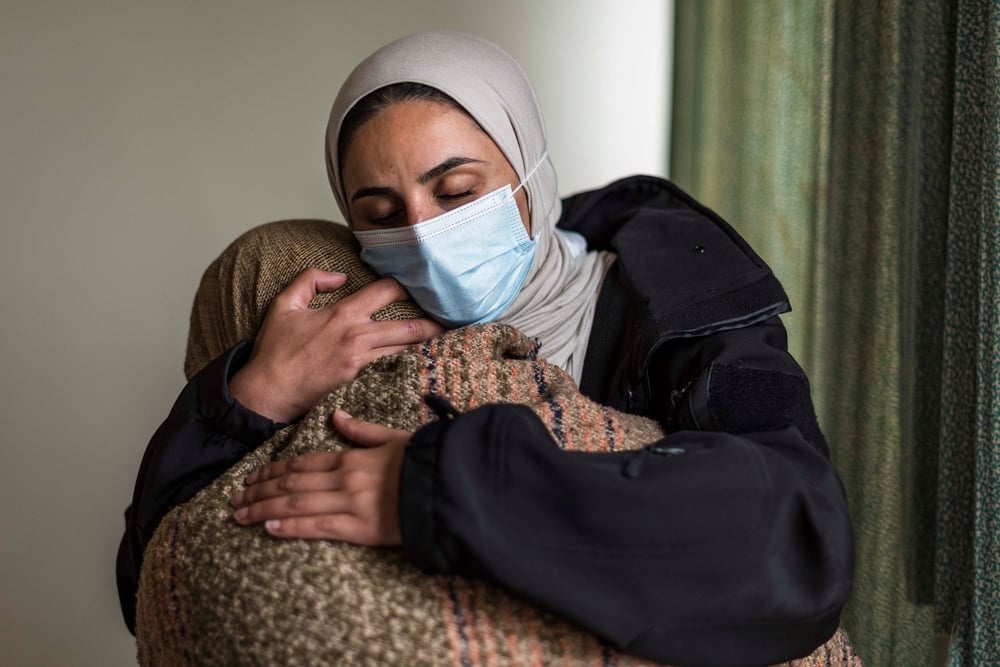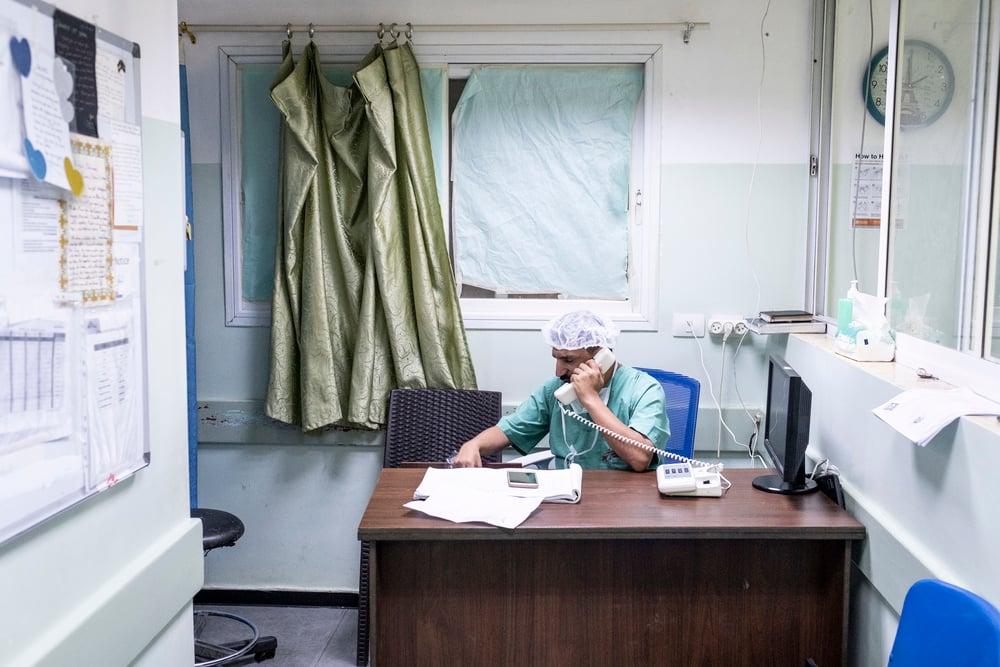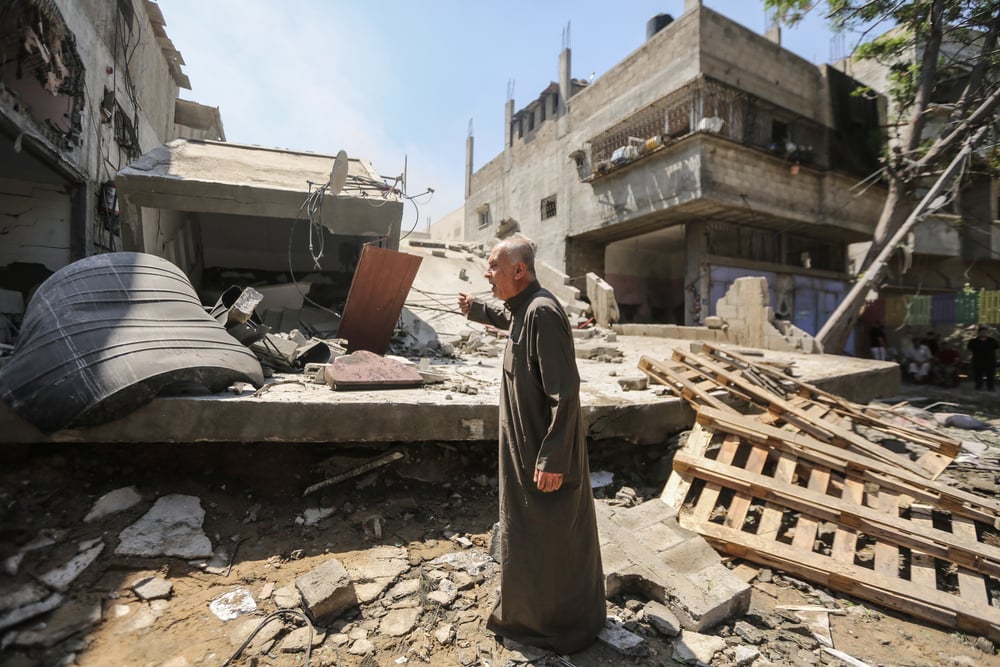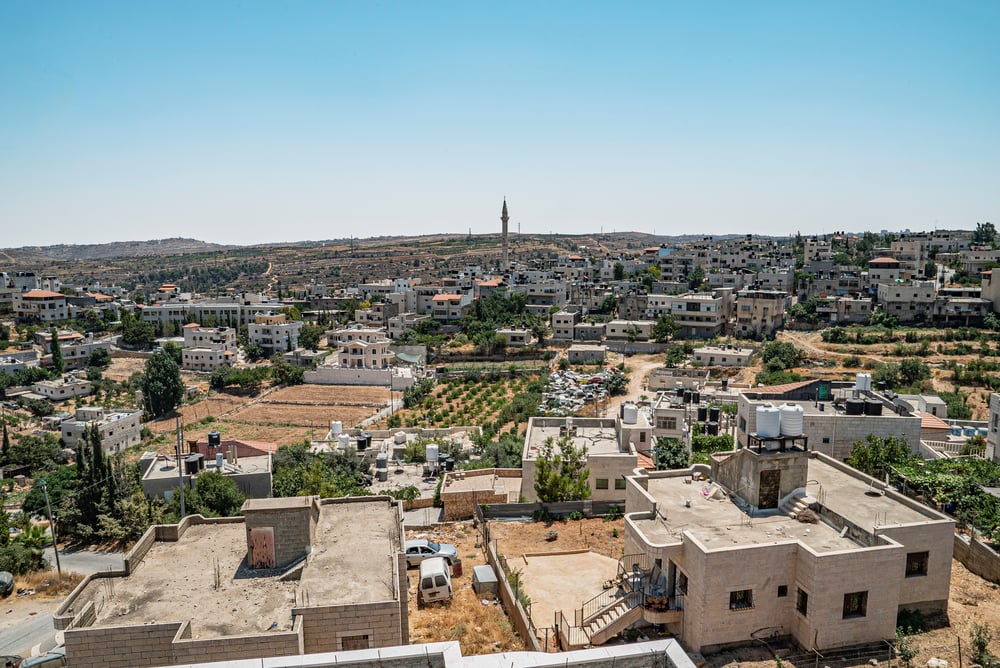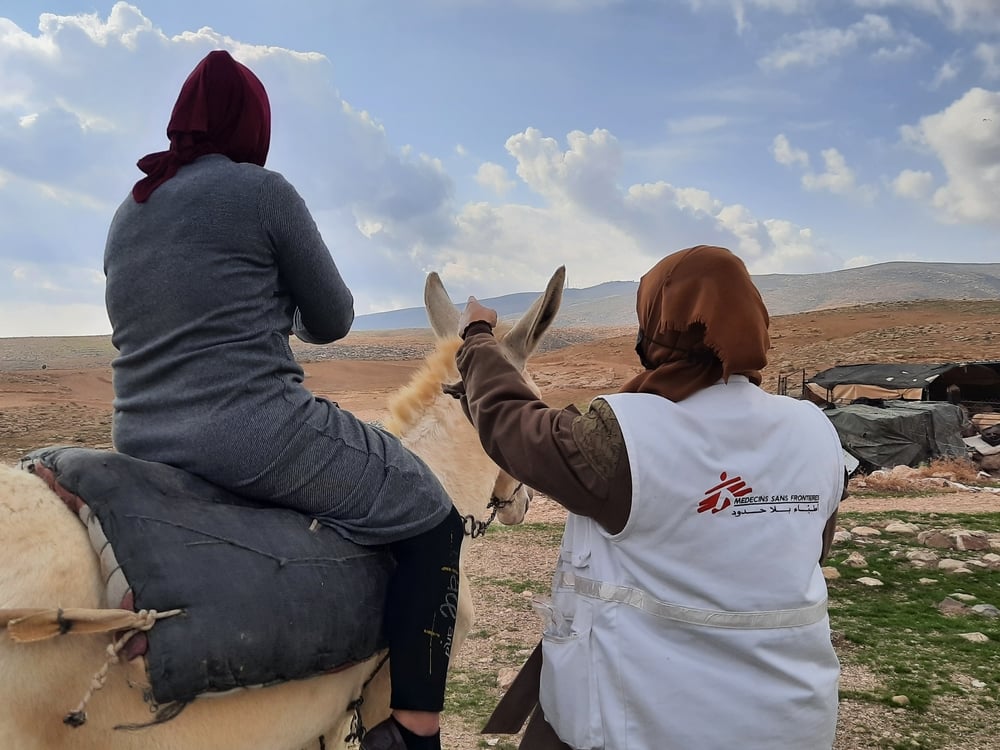Gaza: “There is no safe place in Gaza”
Loay Harb is a nurse who has been working with Doctors Without Borders/Médecins Sans Frontières (MSF) for the past 15 years in Gaza at our burns clinic. He is currently taking shelter in his home next to the MSF office in Gaza City with his family and children. Today, Loay, like many others, is without food, water or electricity. He shares in his own words the desperate situation on the ground.
“The situation here is very difficult. We do not have electricity, water, or Internet. There is no safe place here and the situation is extremely difficult: no safety, no bread, no water, and no electricity since the beginning of the war up until now. God help us in this difficult time.
At this moment, we do not have any drinkable water; the water we have is polluted and not safe to drink. We don’t even have fuel to pump the water wells. Our families are going through very difficult times. There is no safe place amid the bombings. Our families and kids are being displaced from the north to the south and from the south to anywhere else. We do not have any safe place to stay.
We delivered medical supplies to Al Shifa hospital in Gaza City two days ago. The movement to the hospital was very tough, we saw hundreds of people taking shelter inside the hospital and it was difficult to walk inside. It took us a lot of time to deliver the supplies.
There were huge numbers of people inside the hospital; they think the hospital is a safe place, but there is no safe place. The majority of the injuries are very critical.
There is not enough space. There are some patients who need surgeries, and they are laying on the ground due to the high number of people in the hospital.
I decided to stay in my home because there is no safe place in Gaza. My house is close to the MSF office and clinic.
The majority of my family decided to move to the centre of Gaza and to the south. A large number of the people who moved to the south are returning now to their homes, because they have suffered a lot being homeless. Again: no electricity, no water and the situation is extremely tense for people in the south.
I am still working on a daily basis in the burn clinic with MSF. We still receive some patients with burns. I do the dressings for them. It is difficult for them to come back again so I prepare kits for them and I show them on how to do it themselves. This is at least something I can help with as a nurse.”
About MSF in Palestine
The information about our response, below, is correct as of Nov. 9, 2023.
MSF activities in Gaza are currently very limited. We have extreme difficulties delivering aid and providing healthcare due to the insecurity and the unpredictability of the bombardments. While some of our colleagues decided to move south following the unacceptable evacuation order of north Gaza, some of our other colleagues have remained in northern Gaza and continue to support in lifesaving activities in Al Shifa Hospital as well in Al Nasser hospital in the south. In Al Awda hospital, a team of seven MSF staff is also working in the MSF inpatient department.
We are also supporting local health authorities with donations from our medical stock. Due to the huge and uninterrupted influx of wounded people since the beginning of the current active conflict, Al Shifa Hospital, the main surgical facility in the Gaza strip, was on the brink of a complete shortage of essential medicines. In response, we recently were finally able to make a large donation of medical stock, including medicines and medical equipment to Al Shifa hospital.
Our staff are working hard on preparing medical and humanitarian supplies to be sent to Gaza when safe access will be guaranteed and open, and we’ll send in emergency teams if and when we’re able to.
MSF is committed to supporting the people affected by the Israeli heavy bombardments and indiscriminate attacks on Gaza. We stand in solidarity with healthcare workers and patients in Gaza. We want to be able to access people in need of medical care and offer lifesaving humanitarian services, but to do this we need basic guarantees of safety.
The West Bank
MSF’s medical and humanitarian activities in the West Bank have been affected by the escalation of violence and the reinforced movement restrictions that have limited people’s access to essential services, including healthcare. To adapt to the situation, MSF medical teams are providing phone consultations for Palestinian residents and displaced people, and referring patients for medical treatment, mental healthcare and social services. MSF mental health teams are also providing psychological first aid, counselling and psychotherapy, mostly remotely. In the West Bank city of Nablus, MSF teams are continuing to provide local people with mental healthcare.
MSF has donated medical supplies, including surgical kits, to Ahli hospital in Hebron, and first aid kits to community focal points in Beit Ummar, Al-Rashaydeh and to the emergency care centre in Um Al-Khair; and provided support including training for staff in Al Mohtaseb Hospital loca
